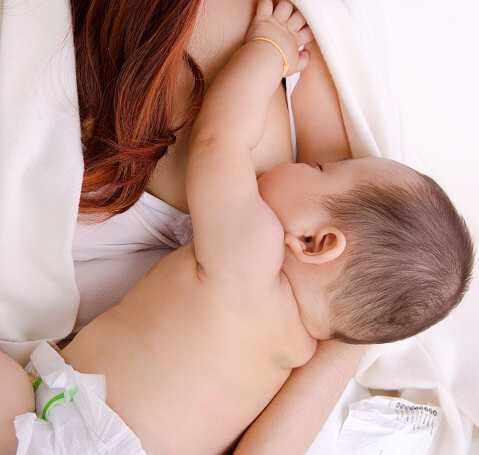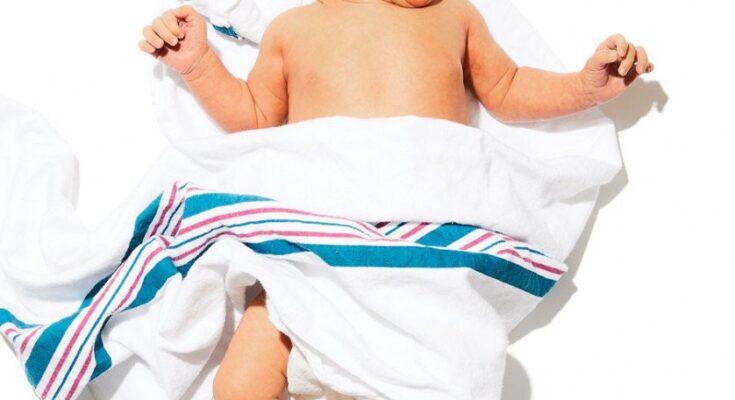What is the Baby-Friendly Hospital Initiative?
The Baby-Friendly Hospital Initiative (BFHI), a global program that was launched by the World Health Organization and the United Nations Children’s Fund in 1991, recognizes hospitals and birthing centers that offer an optimal level of care for infant feeding and mother-baby bonding. According to their recommendations, breastfeeding is key to ensuring a baby’s best health, as outlined in BFHI’s “Ten Steps to Successful Breastfeeding.”
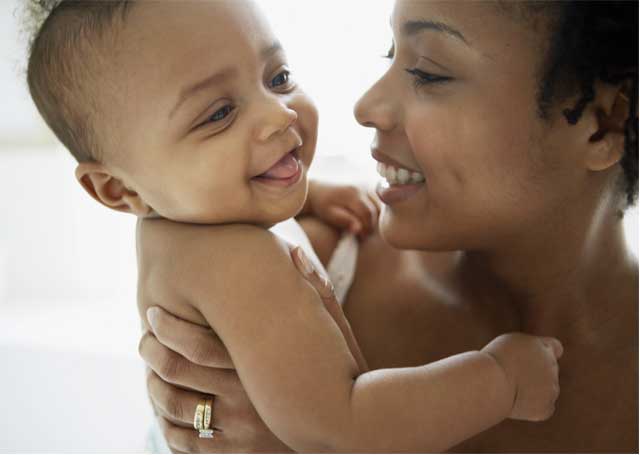
What is Baby-Friendly care and why is it important?
Typical baby care protocols in hospitals are not always baby-friendly. For example, in some hospitals when a woman delivers a baby, the newborn is often taken to a central nursery. There, the baby is placed under a warmer to help stabilize his or her body temperature. The pediatricians and nurses perform assessments and administer any medications that might be needed before reuniting baby with mother.
Research, however, strongly demonstrates that immediate skin-to-skin contact after delivery and breastfeeding are the keys to a healthy start in the life of a newborn.
Based on this research, baby-friendly care differs from typical hospital procedures and includes:
- Skin-to-skin contact between mother and baby immediately after delivery and throughout the hospital stay
- “Rooming in,” which keeps mother and baby together even during routine assessments of baby’s health
- Breastfeeding support by trained nursing staff
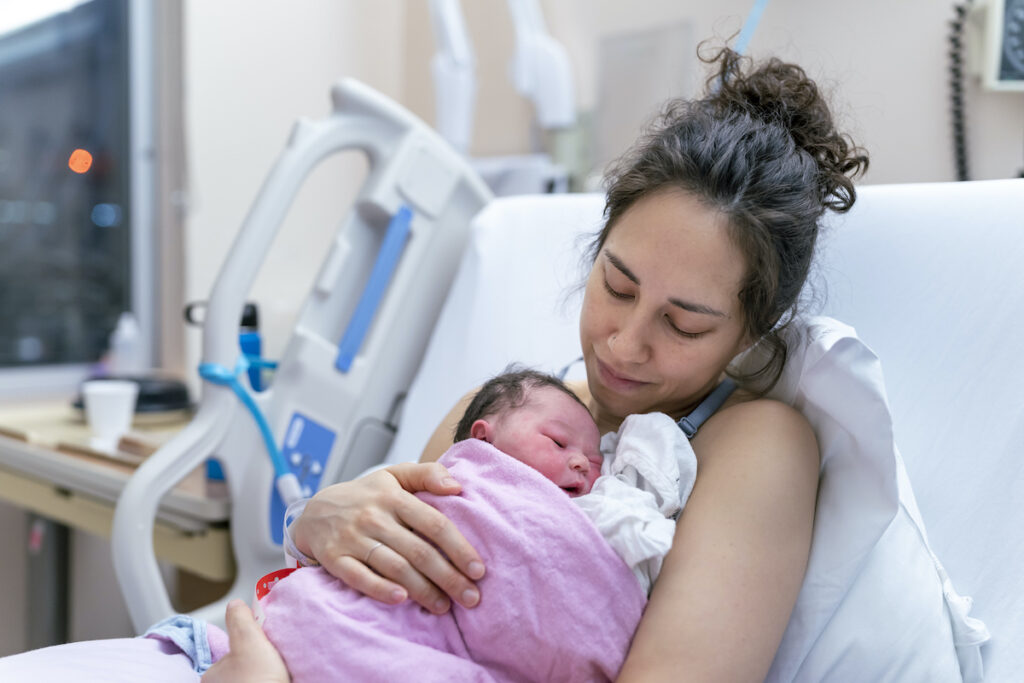
How does skin-to-skin contact affect newborns?
More than 40 years of research demonstrates the powerful benefits of skin-to-skin contact for newborns. Babies held skin-to-skin enjoy stable vital signs (breathing, heart rate, temperature, blood pressure and blood glucose levels). Babies cry less, sleep and feed better, and absorb the nutrients in and digest their food better. Mothers also benefit, helping women with pain management and milk production. Partners can enjoy skin-to-skin as a special way to bond with the baby, too.
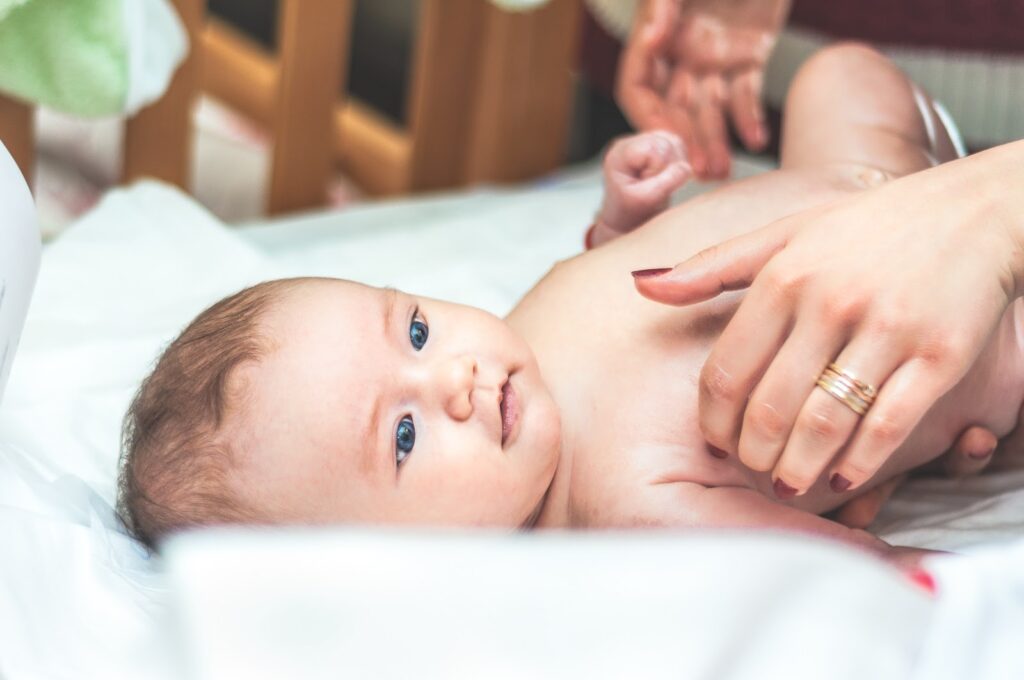
Are all hospitals practicing Baby-Friendly perinatal care?
In the last decade, the number of Baby-Friendly designated hospitals has grown exponentially. In the first half of 2018, 25 percent of births took place in one of the 500 Baby-Friendly facilities nationally. The remaining hospitals without the designation may not provide this style of family-centric care.
Receiving the Baby-Friendly designation is a difficult process. It involves changing long-standing policies, protocols and behaviors. The Baby-Friendly Hospital Initiative includes a very rigorous credentialing process that includes a two-day site visit, where assessors evaluate policies, community partnerships and education plans, as well as interview patients, physicians and staff members.
